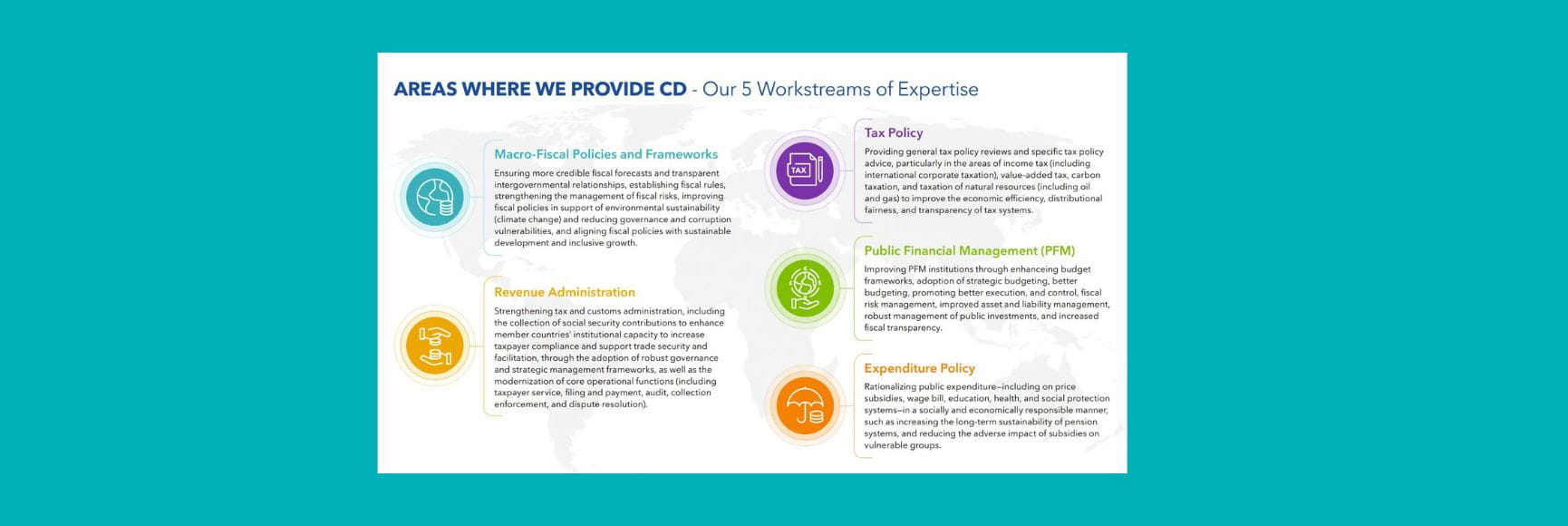Posted by Udaya Pant[1]
The South Asia Regional Training and Technical Assistance Centre (SARTTAC) was inaugurated on February 13th, 2017 by the Secretary of Economic Affairs of the Government of India, Shaktikanta Das, at its first class facilities in New Delhi. Representatives of all six SARTTAC member countries (Bangladesh, Bhutan, India, Maldives, Nepal and Sri Lanka) attended as did six development partners, four of whom are contributing to SARTTAC (Australia, DFID, the EU, and Korea). A delegation of senior IMF staff was led by Deputy Managing Director Carla Grasso, and included the Directors of the Asia and Pacific Department and the Institute for Capacity Development, as well as representatives of the Fiscal Affairs Department (FAD).
Both member countries and development partners commended the IMF for setting up SARTTAC within eleven months of the signing of the agreement between Minister of Finance Jaitley and the IMF’s Managing Director, Christine Lagarde. The collective efforts of several IMF departments and SARTTAC staff were recognised as were those of counterparts within India’s Finance Ministry. Expectations over SARTTAC are very high from all stakeholders, notably with regard to its unique design in combining technical assistance and training under one roof. Member countries in particular stressed the demand-driven design of SARTTAC programmes and the need for flexible and swift responsiveness. In sum, SARTTAC was envisioned to become a center of excellence, blending capacity building, knowledge sharing and policy advice.
The Inauguration was followed by SARTTAC’s first Steering Committee meeting where an initial work plan was tabled. This included a training calendar for the fiscal year 2018 and tentative list of TA projects. Development partners and member countries expressed full support for SARTTAC’s strategy, and in the coming months will review the workplan and refine it further.
While February 13th marked SARTTAC’s official opening, an earlier “soft” launch of the Center took place in January with a two-week training course on “Macroeconomic Diagnostics”, for 33 young probationary officers from the Indian Economic Service (IES).
This course allowed the Center to implement its new vision in various respects. First, the course was customized using Indian data and analytical issues. Second, it was tied into the surveillance dialogue on India, with the resident representative participating to discuss the Fund’s assessment of the economy. Third, SARTTAC will continue to work with this “cohort” of IES officers over time to take them through a sequence of core macroeconomic training to embed skills in their institutions.
The course had a very practical and hands-on approach. After learning how to apply various tools, such as the analysis of fiscal policy and fiscal sustainability, the participants were invited to present their own “Article IV” type diagnosis of India’s economy. This exercise was capped by panel discussions with distinguished Indian policy makers on topical issues such as the performance of the services sector, and challenges facing India’s public banking system. One quote from a student sums up their experience: ““The focus on using actual data of the Indian economy, and tools immediately at hand for analysing the impact of policies was amazing.” It was a great beginning for a budding institution to have the first training course for the budding economy managers of an emerging economy!
The next training course on “Strengthening Country PFM Systems” for mid-level officers in the Indian line ministries, with FAD’s technical support, from March 6th to 10th. Also in the pipeline for March 2017 is a two-week course on “Fiscal Analysis and Forecasting/Fiscal Policy Analysis”.
Starting with the two advisors currently in position, SARTTAC will eventually have up to seven long term advisors from different departments of the IMF such as FAD, Monetary and Capital Markets, and Statistics; besides a regular Director and Deputy Director; and an estimated budget of US$ 60 million for the next five years.
[1] Udaya Pant is FAD’s Regional PFM Advisor in SARTTAC.
Note: The posts on the IMF PFM Blog should not be reported as representing the views of the IMF. The views expressed are those of the authors and do not necessarily represent those of the IMF or IMF policy.







